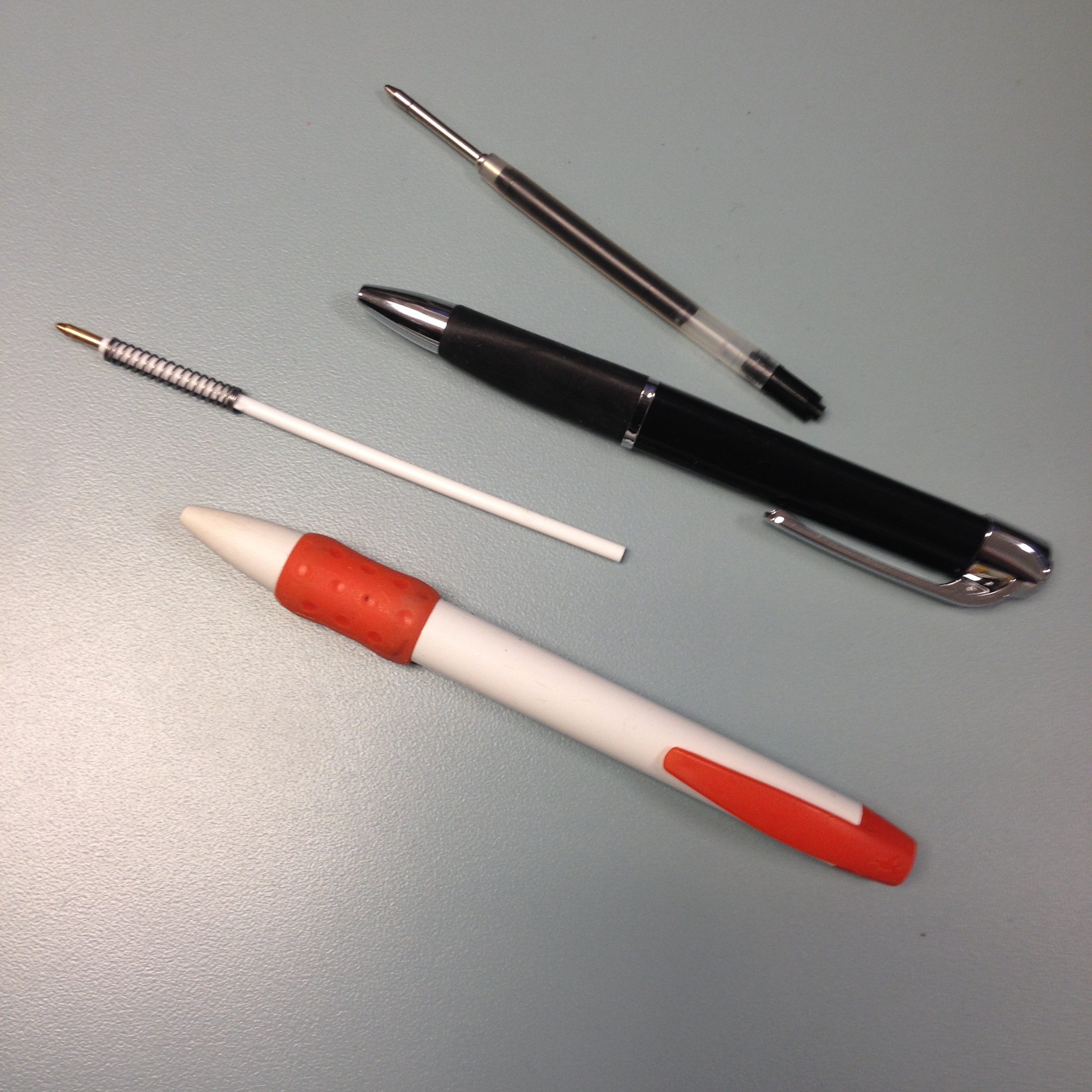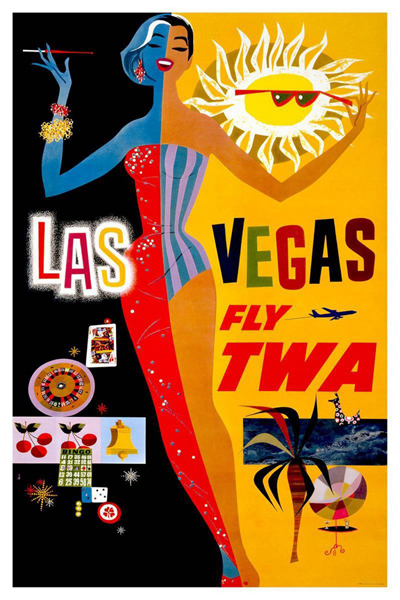NOTE: As 2015 winds down, so will 'regular' posts on the blog. For the next two weeks, I will be posting what I thought were the most interesting pieces I published in 2015. These were not necessarily the most popular or most shared, just the ones I think were most representative of the year in HR, HR Tech, workplaces, and basketball. Hope you enjoy looking back on the year and as always, thanks for reading in 2015.
Next up a piece from July, possibly my favorite of the ongoing 'Ranked' series on the blog, The Worst People in the Workplace, Ranked. Try and see where you might fall on this list.
The Worst People in the Workplace, Ranked
You probably work. You probably work with other people. Many of those other people are terrible. Here is your incomplete, yet definitive guide to the worst of these other people.
10. The five people in your conference room who are still meeting at 11:05 when they only booked the room until 11 - Your meeting is probably a waste of time and money. The seven of you standing around in the hallway waiting to get inside the conference room is certainly a waste of time and money.
9. The host who is late to the Conference Call - The virtual equivalent of standing around in the hall at 11:05 because the idiots who reserved the conference room from 10 - 11 can't stop yapping. But only this time you have terrible 'hold' music to listent to.
8. The 'I never got the email' guy - You got the email, you liar. You forgot/ignored/deleted the email. But you got the email.
7. The 'Half day?' guy - This is the jerk who feels obligated to track the comings and goings of everyone else in the office. Anyone who drops the 'Half Day?' line at you at 5:02PM is a terrible, sad, humorless dullard.
6. The 'Marked as urgent' emailer - If it were urgent, you would just call. It is an email, therefore it can't be urgent. Look up the word urgent sometime you jerk.
5. The Sunday night emailer - Hey guess what? Sunday is (still) technically part of the weekend. You may feel the need to work on Sundays, but that doesn't mean the rest of us want/need/care to. Work on your own stuff on Sundays if you must, but keep the rest of us out of it until Monday morning.
4. The 'wears headphones all day' guy - You are at work. You are not on a LAX - JFK flight in an economy class middle seat. You want us to think that actually trying to talk to you is such a burden and will somehow ruin your 'flow'. Give it a break, it won't kill you to take off the headphones once in a while and act like a human being.
3. The 'community candy' lady - This story is 100% true, (small details changed to protect everyone, especially me). Think massive, Fortune 100 type tech company housed in a giant high-rise. On each floor there is a central reception desk manned by one or two people throughout the day. On said desk on Floor 29, there lied a large candy bowl with the expected assortment of treats, chocolates, twizzlers, whatever. Everyone coming and going from that floor would take a treat or two from the bowl as they walked by. No one really 'asked' if they could have a piece, it was just understood that the candy was for everybody. Then one day one of the company employees, who was wearing a visible company badge, actually asked the lady at reception if it was ok if he could take a piece of candy. And the reception lady said 'No'. for whatever reason, she refused to allow this particular employee to take a piece of the community candy. The rejected employee proceeded, (irrationally for sure), to freak out, accuse the receptionist of racism, shout a few choice and unprintable words in her direction, and knock the candy bowl and its contents to the floor. This exchange led to a series of urgent emails, executive meetings, HR interventions, written warnings and literally tens of thousands of dollars worth of managerial time to sort out. The bottom line: Community candy is terrible.
2. War story guy - This is the guy who shows up to work every Monday in a splint, with a soft cast, with some kind of bandage over the eye, or a noticeable limp. He then has to regale you, (because you feel like you have to ask), with some crappy story about how he totally rocked it on the side of some cliff or shooting the rapids or playing on the 40+ rugby team. Hey doofus - once you hit say 35 or so, it is time to grow the hell up and quit turning up for work like it is the first day of 5th grade. And no, we don't want to see your killer Go Pro footage of that radical tumble you took on the Black Diamond slope.
1. Nothing is good enough for my high standards guy - The standard issue office chair? Not going to work. The whiteboard that fits on the wall of each office leaving room for the door to open? Not big enough. The pens and pencils that are stocked in the office supplies drawer that are used by everyone else? Not going to cut it. Basically nothing in the way the office works is good enough for this guy who needs a special version of EVERYTHING. I am not talking about any real accommodation issues here, no, this guy just has to be different. This is often accompanied by bringing personal supplies like staplers and binders, and frequent references to former employers, something along the lines of 'When I was at ACME Company, we had the nice pens.' You know what? Go the heck back to ACME company, and take your stupid stapler with you.
Ok, that is it...
Who did I forget? Let me know in the comments.


 Steve
Steve



